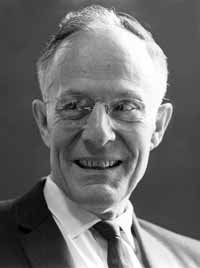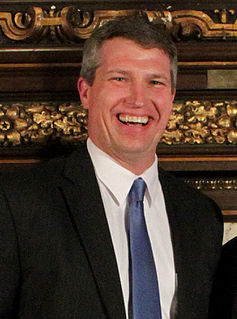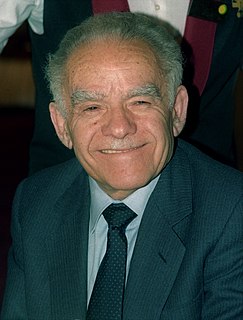A Quote by Theodore Schultz
The adverse economic events following the First World War turned me toward economics.
Related Quotes
When people are running up more and more debt for housing, they call that "real wealth." It exposes what's wrong in the mainstream economics and why most of the economics that justifies austerity programs and economic shrinkage is in the textbooks is not scientific. Junk economics denies the role of debt and denies the fact that the economic system we have now is dysfunctional.
Thou art merciful; when all my endeavour is turned toward Thee because all Thy endeavour is turned toward me; when I look unto Thee alone with all my attention, nor ever turn aside the eyes of my mind, because Thou dost enfold me with Thy constant regard; when I direct my love toward Thee alone because Thou, who art Love's self, hast turned Thee toward me alone. And what, Lord, is my life, save that embrace wherein Thy delightsome sweetness doth so lovingly enfold me?
Economists operate with this image of the homo economicus, the rational economic agent, and while such agents are rare in the wider world, they are common in economics departments. Exemplifying the homo economicus paradigm, economists typically choose their research projects and hypotheses so as to promote their own careers, to maximize their lifetime income. This explains the astonishing pressures toward conformity in academic economics: how deviant views (except those by a few who have already achieved stardom) get crushed by an army of conformists.
The participation if women in some armies in the world is in reality only symbolic. The talk about the role of Zionist women in fighting with the combat units of the enemy in the war of 5 June 1967 was intended more as propaganda than anything real or substantial. It was calculated to intensify and compound the adverse psychological effects of the war by exploiting the backward outlook of large sections of Arab society and their role in the community. The intention was to achieve adverse psychological effects by saying to Arabs that they were defeated, in 1967, by women.
... there was the first Balkan war and the second Balkan war and then there was the first world war. It is extraordinary how having done a thing once you have to do it again, there is the pleasure of coincidence and there is the pleasure of repetition, and so there is the second world war, and in between there was the Abyssinian war and the Spanish civil war.
World War Two was a world war in space. It spread from Europe to Japan, to the Soviet Union, etc. World War Two was quite different from World War One which was geographically limited to Europe. But in the case of the Gulf War, we are dealing with a war which is extremely local in space, but global in time, since it is the first 'live' war.




































